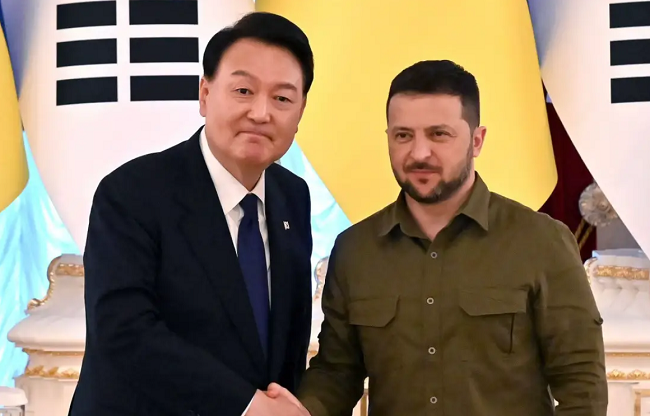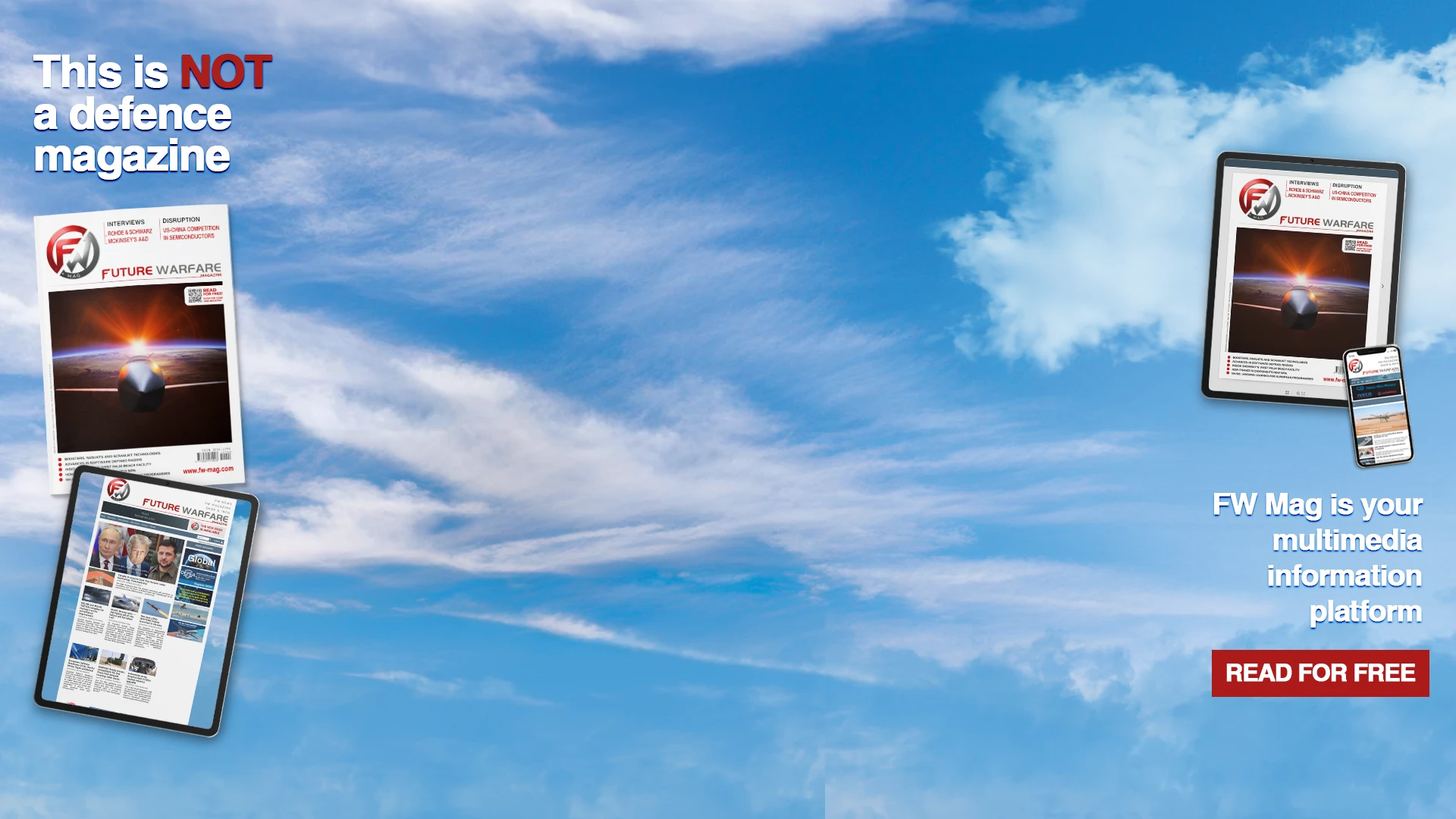
According to South Korean media outlets, the South Korean government would be close to lift the self-imposed ban on the supply of weapons systems to Ukraine.
The South Korean National Security Advisor, Chang Ho-jin, has strongly condemned the Strategic Cooperation Agreement between Putin and Kim Jong Un during the Russian President's visit to North Korea. Among other things, the Agreement includes a mutual assistance clause in case of aggression.
This has pushed Seoul to review its constraints on the supply of weapons to countries at war. What is certain is that strengthening cooperation between Russia and North Korea also poses a very serious security issue to South Korea.
Until now, Pyongyang was a strategically lonely country kept economically alive by Beijing and able to fulfil only its military needs by itself.
With the pact between Kim and Putin, the equation changes. North Korea has been supplying Moscow's forces in Ukraine with a few million artillery shells, between 3 and 4.5 (depending on sources), and a few dozen ballistic missiles (which seem to have yielded very poorly on the ground).
Russia, in return, in addition to foodstuffs, has probably guaranteed assistance in the space and nuclear sectors. These ties, established since last autumn, will now be further strengthened.
Nonetheless, mutual assistance in case of external aggression implies a step forward and inevitably raises Pyongyang's deterrence profile. In essence, it changes the equation that has always governed relations on the Korean Peninsula.
This is why Seoul might break its own rules and arm Kiev. South Korean defence industry is well established and, most importantly, does not have those constraints typical of Western industry - unionisation, bureaucracy, lack of responsiveness.
In recent times, it has been greatly increasing its presence on export markets, including the European market, moving with extraordinary speed and aggressiveness. The Polish 'case' proves this, despite reported problems with K-2 tanks supplied to the Polish Army.
By the way, Seoul is consolidating its position as one of the top ten exporters, but would like to enter the top four behind the US, France and UK.
South Korean weapons might be a game changer to Ukraine, which could receive anti-aircraft systems, missiles, artillery pieces, etc., which the South Korean defence industry sector can provide quickly. It is no coincidence that Putin reacted harshly to these rumours by branding as a 'big mistake' any move by Seoul towards supplying arms to Kiev.








